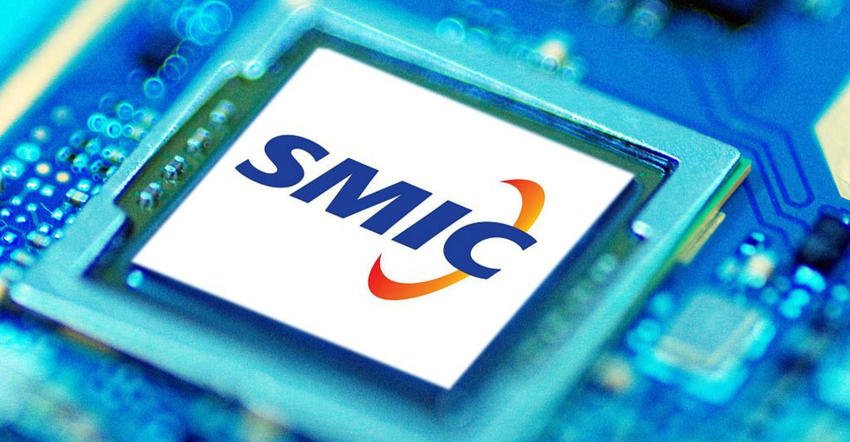And the US-China technological war is well underway. The US now bans American ones Companies to supply materials to SMIC.

The Financial Times reports that the United States has imposed export restrictions on SMIC (Semiconductor Manufacturing International Corp.), China's largest chipmaker, which means that US companies will need a license to export materials to it.
According to the US Department of Commerce, there is an "unacceptable risk" that SMIC products could be used for military purposes. SMIC, for its part, has refused to make parts specifically for military use and denies any connection to the Chinese armed forces.
About 50% of SMIC's equipment comes from the US and the chain break supply them may affect its production of CMOS sensors, fingerprint sensor ICs and power management ICs.
The new ban is not as strict as the one imposed on Huawei. However, the United States may take further action. Chinese Foreign Ministry spokesman Zhao Lijian accused the United States of "blatant intimidation."
The ultimate goal of the US strategy is unclear, as moving Chinese industry away from US sources will ultimately hurt US companies, upset the US trade balance with China and reduce US influence in China, with no clear gain. .
What Trump's ultimate goal is perhaps it will take some time to see. Maybe we will see him only from the end result. In the market, however, the practice of the USA against Chinese companies has begun to be seen, as several companies manufacturing electronic products, such as cameras Dahua, Huawei are unable to make immediate deliveries due to raw material shortages.





